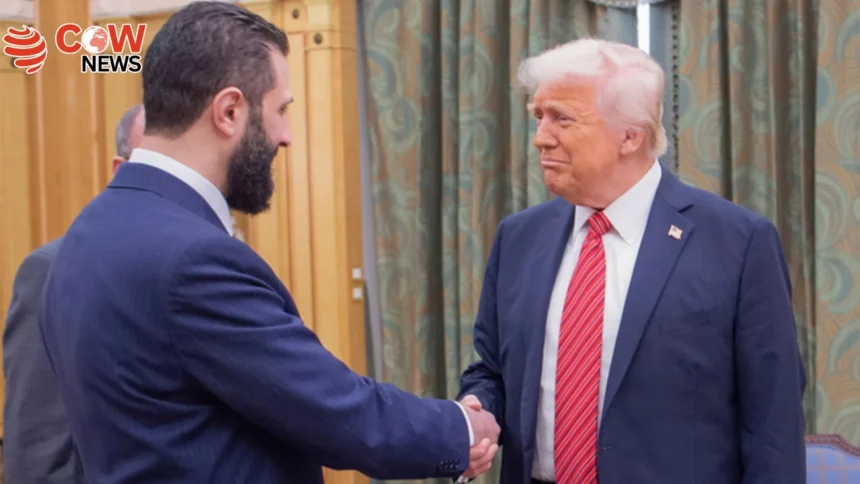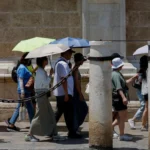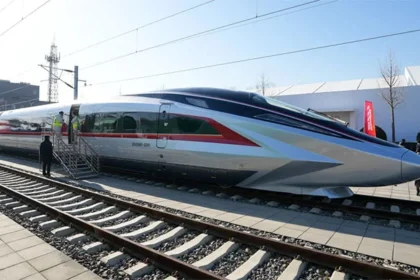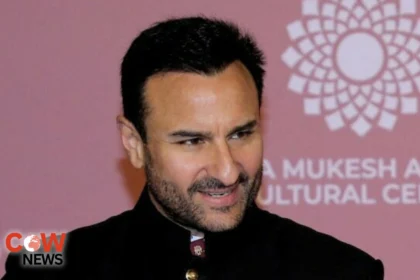Washington, D.C( The COW News Digital) Former U.S. President Donald Trump has officially signed an executive order lifting long-standing economic sanctions on Syria, marking a significant shift in American foreign policy towards the war-torn Middle Eastern nation.
The sanctions, originally imposed in 2004, froze the Syrian government’s assets and severely restricted economic engagement with Damascus. The decision comes after months of backdoor diplomacy and a historic meeting between Trump and Syria’s interim President Ahmed Al-Shara in Saudi Arabia earlier this year.
According to the U.S. State Department, while the broader sanctions targeting Syrian state institutions have been lifted, targeted sanctions will remain in place against former President Bashar al-Assad, ISIS affiliates, and Iran-backed militias operating in Syria.
A senior U.S. official noted that the decision is part of a broader review of Syria’s designation as a “state sponsor of terrorism.” The lifting of sanctions is expected to end Syria’s economic isolation and reopen avenues for global trade and investment.
Syrian Foreign Minister welcomed the decision, stating, “The lifting of sanctions opens the door for Syria to re-engage with the international community. It paves the way for reconstruction and development and removes key barriers to our economic recovery.”
The Trump-Shara meeting in May was particularly notable—it marked the first high-level interaction between U.S. and Syrian leadership in 25 years. Analysts say the diplomatic thaw could lead to enhanced cooperation in counterterrorism, refugee resettlement, and regional stability.
While the move has drawn praise from business circles and humanitarian agencies eager to aid in Syria’s post-war rebuilding, critics warn that lifting sanctions without major reforms or accountability measures may empower former regime allies and delay democratic progress.
As Syria emerges from over a decade of war and political chaos, the revocation of sanctions is likely to redefine its role in global geopolitics, especially as major powers reassess their Middle East strategies in a changing international order.







